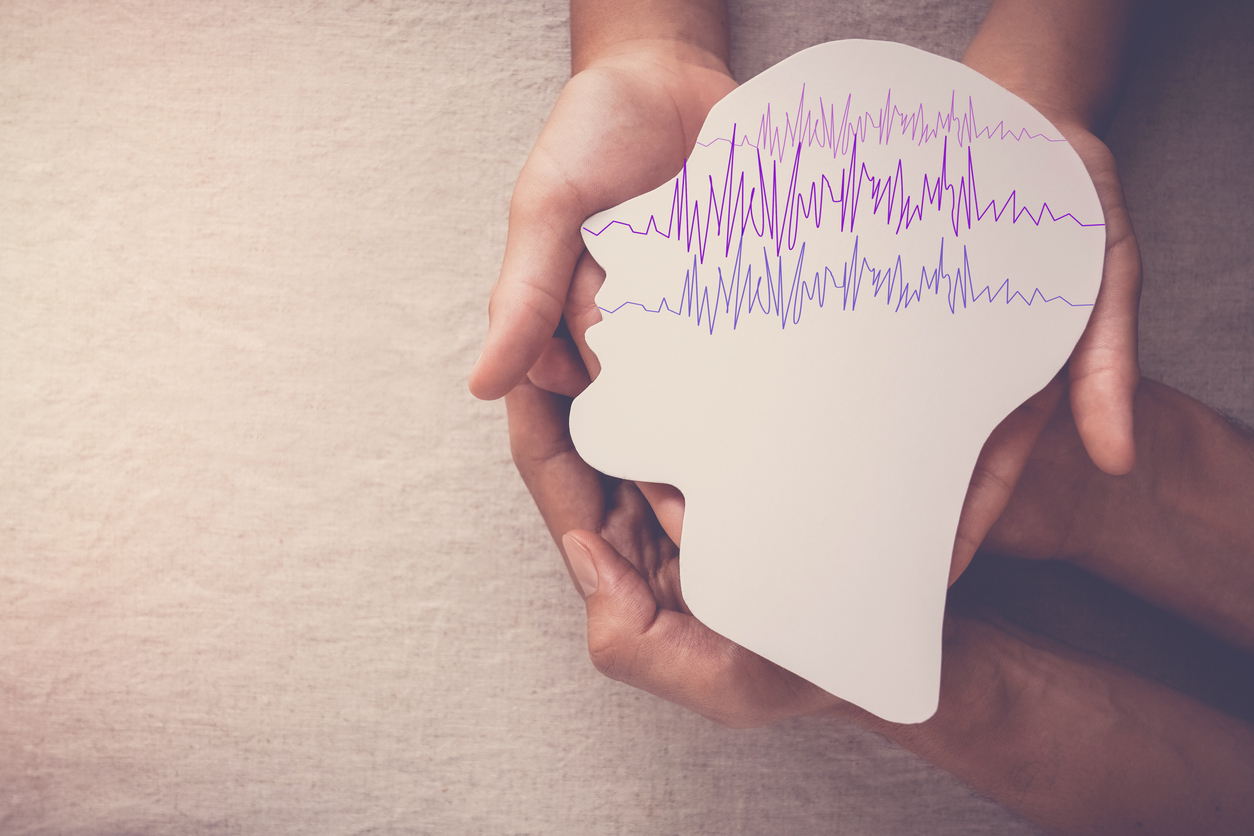
A stroke occurs when blood clots block blood flow to the brain. A stroke can cause long-term damage, disability, and even death. And according to the CDC, someone in the United States has a stroke every 40 seconds. Fortunately, there are things every individual can do to prevent a stroke. And most of them involve making lifestyle changes.
What is a Stroke?
A stroke occurs when something blocks the passage of blood to the brain or when a blood vessel in the brain bursts. Unfortunately, a stroke can cause parts of the brain to become damaged or die.
The brain requires oxygen to function properly. Under normal circumstances, arteries deliver oxygen-rich blood to the brain. However, when blood supply to the brain is interrupted, the brain cells can start dying within minutes.
Understanding Different Stroke Types
There are two types of strokes:
Ischemic stroke occurs when blood clots, plaque, or other particles block the blood vessels that lead to the brain.
Hemorrhagic stroke is when a blood vessel bursts in the brain. When a hemorrhagic stroke occurs, the blood from a burst blood vessel builds up in the area and damages surrounding brain tissue.
The damage from both types of strokes first becomes noticeable in the part of the body that the damaged part of the brain controls.
How to Prevent a Stroke
You can do several things to keep both your body and your brain in a healthy state and prevent a stroke.
Healthy Diet
High cholesterol and high blood pressure can increase your chances of having a stroke. This is why eating foods low in saturated fats, trans fats, and cholesterol but high fiber can be important for stroke prevention. Including fresh vegetables and fruits, whole grains, and lean proteins like fish and chicken in your diet can help keep your cholesterol levels low. And limiting your sodium intake can help lower your blood pressure.
Healthy Weight
Maintaining a healthy weight can significantly decrease your chances of having a stroke. The CDC recommends calculating your body mass index (BMI) to ensure you are staying within doctor-recommended parameters. A healthy diet and regular exercise can help maintain a healthy weight.
Exercise
Regular exercise helps with maintaining a healthy weight and helps regulate blood pressure and cholesterol. The Surgeon General recommends 2 hours and 30 minutes of activity a week. You can achieve this amount of activity with walking, swimming, bike riding, aerobic, or fitness classes.
Limiting Smoking and Alcohol Intake
Smoking significantly increases your chances of having a stroke. Your doctor can help you come up with a plan to quit smoking and come up with healthier lifestyle choices.
Excess alcohol consumption can increase blood pressure, which in turn could cause a stroke. The CDC recommends no more than two drinks a day for men and one drink a day for women.
Aspirin
Aspirin can help lower the risk of stroke. However, if you suspect that you are having a stroke, it is not advisable to take aspirin, as it could make certain types of strokes worse.
When to See a Doctor
A stroke is a serious medical condition that requires immediate medical attention. If you or someone you know is experiencing symptoms of a stroke, please call 911.
Getting regular medical checkups is an essential step in maintaining overall good health. At UAB Medical West, you and your doctor can discuss your stroke risk factors and develop an appropriate stroke prevention routine.
UAB Medical West is Your Partner in Stroke Prevention
At UAB Medical West, we understand how frightening stroke symptoms can be. This is why we are here to offer advice and lifestyle suggestions that could help lower the risk of stroke. If you have questions about your personal risk factors or would like to learn more about stroke prevention, please don’t hesitate to contact us. UAB Medical West is serving Hueytown, Hoover, Bessemer, McCalla, and Vance, and is here for all your medical needs!
